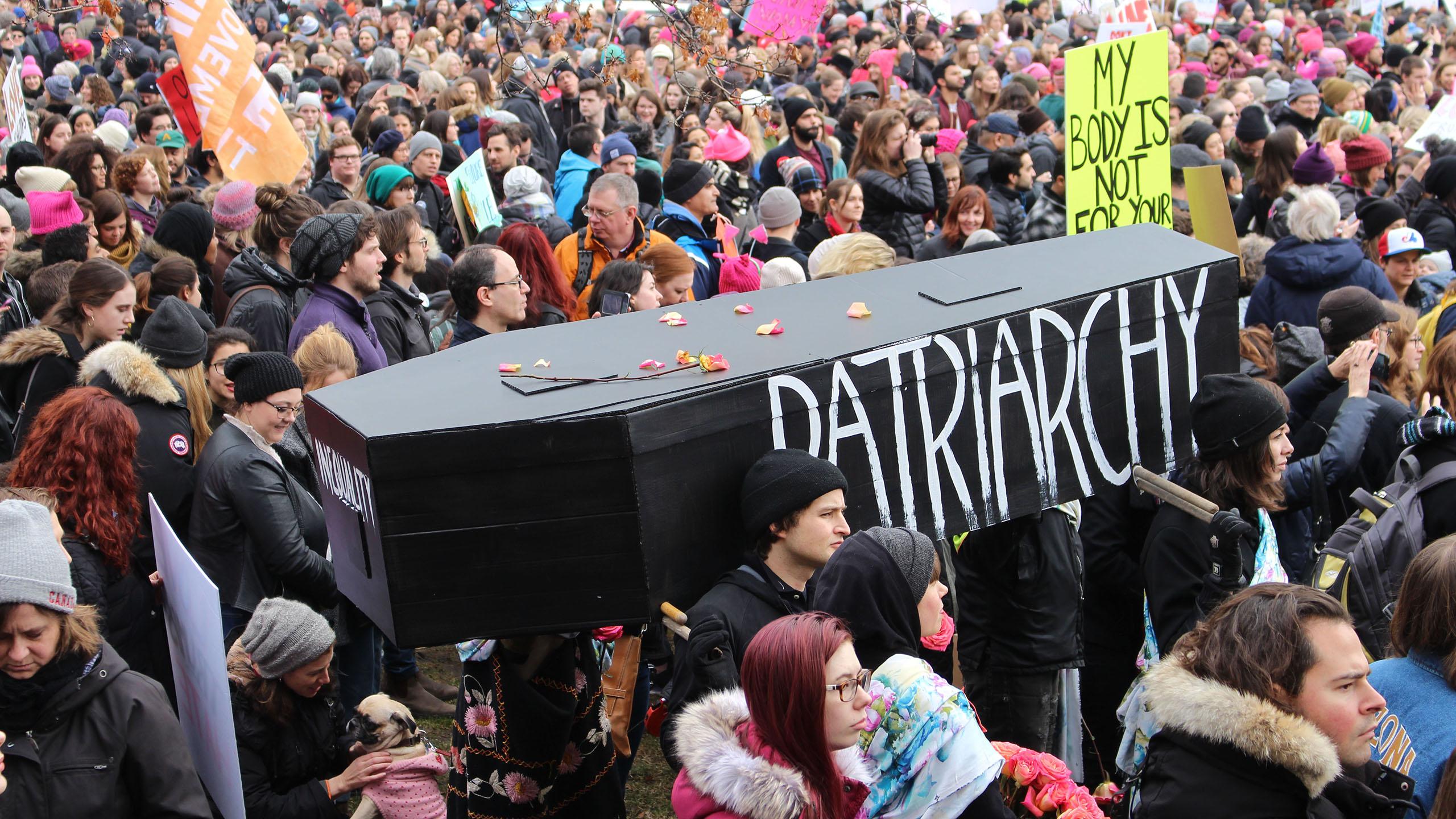By Sophia Smith
On March 1, the Celebrating Our Voices conference took place leading up to International Women’s Day. The event focused on celebrating the contributions of young Black, Indigenous women and trans people of colour to Ryerson and the city of Toronto with speakers Ravyn Wngz, Nasim Asgari, Camryn Harlick and Gilary Massa.
The evening began with keynote speaker Ravyn Wngz from Black Lives Matter Toronto. They spoke on how in the past they’ve always felt challenged with the societal pressure to choose between being a trans-feminine dancer and being a Black rights activist. Initially choosing to pursue dance and Wgnz faced hardships being queer in the industry. Eventually, Wngz “was using art to create a reality I could move into,” with the creation of dance group IL NANA/DCDC.
Upon being invited to work with BLMTO and hearing the words “performance by Black trans women” out loud, Wgnz realized they no longer had to choose between their two passions. “Black Lives Matter changed my life,” they said, “and it really affirmed the importance of diversity for me.”
Iranian poet Nasim Asgari began by sharing three of her poems, intertwining her mother tongue with French and English and speaking on the trials and tribulations of being an immigrant in Canada.
“I can’t believe how much beauty can come out of pain,” Nasim said, referencing her own poetry and the artwork and activism of the others around her. “We make our pain look beautiful so others will notice it, and so we can bear it ourselves.”
Gilary Massa spoke on the importance of responsible allyship, which focuses on communication with marginalized communities and acting within their interests but not superseding them. Along with this, she elaborated on the importance of education of our respective privileges and how to use these positively to educate others, and the idea that those with privileges must to this research and education themselves. “Marginalized communities are not responsible for teaching their oppressors,” she said.
“If there’s no spaces there for you, then you have to create them yourself,” remarked Massa.










Leave a Reply